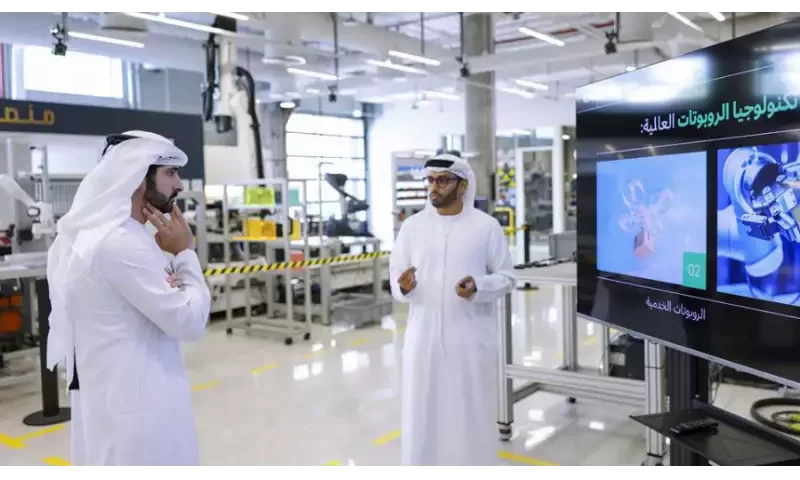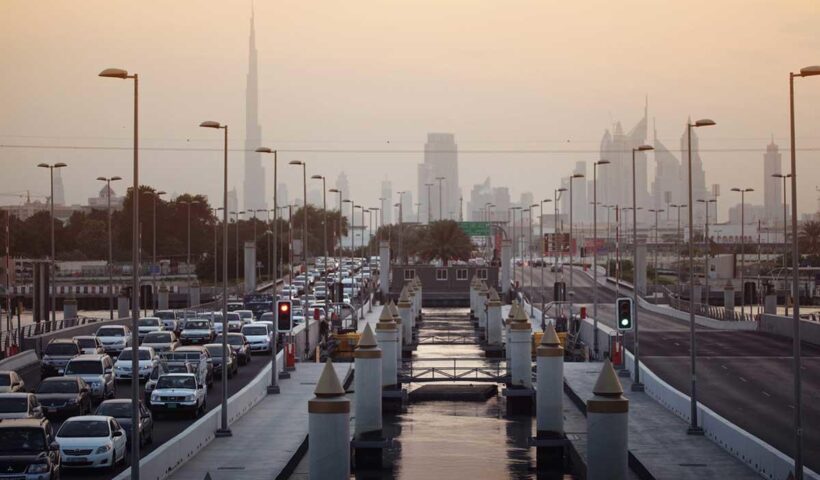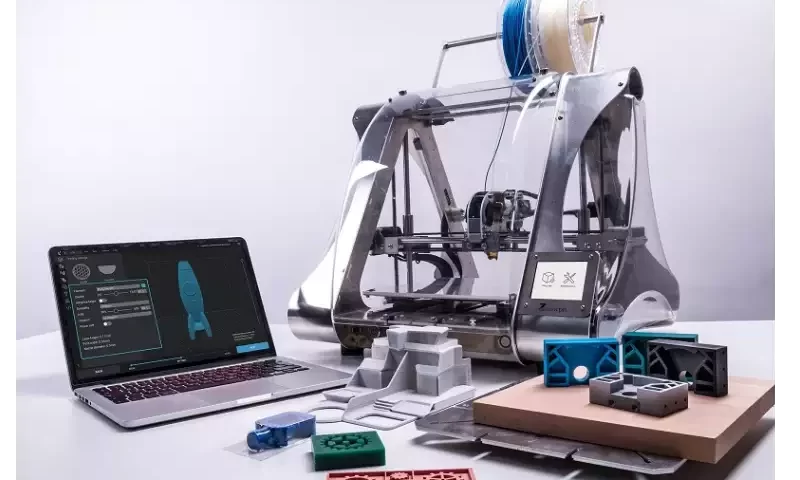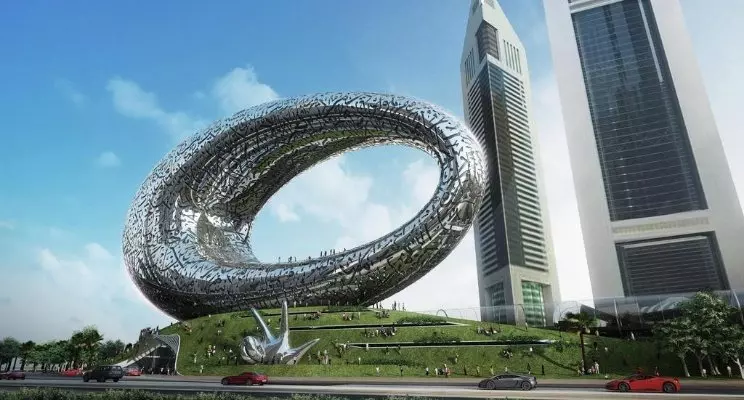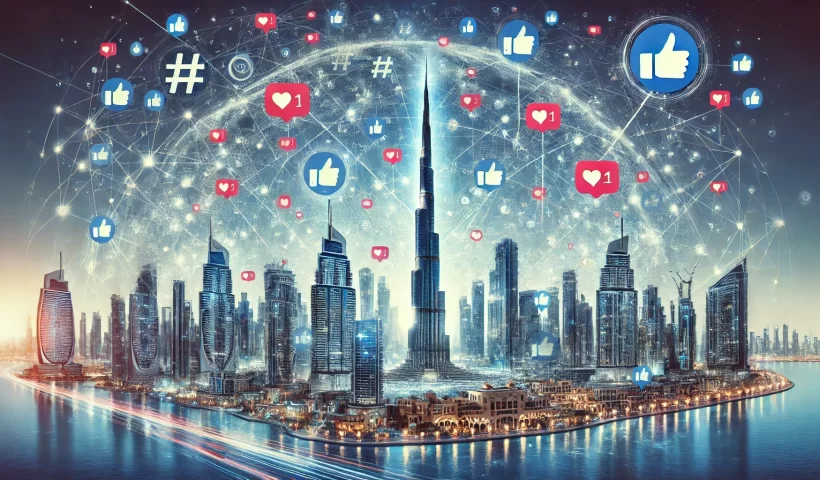Dubai wants to become a major player in the robotics and automation sector globally.
Businesses from all sectors are placing large bets on robots and automation, setting aside billions of dollars to install these cutting-edge technology to increase production and efficiency. Dubai is aiming to become a major global player in the robotics and automation industry and expects the industry’s contribution to its gross domestic product (GDP) to increase to 9% over the next ten years, with opportunities in the market expected to grow significantly over the coming decade. Dubai is working diligently to create a robust robotics and automation industry in order to expand its future economy and establish itself as a major global hub for the technology and world class robotics ecosystem in UAE.
This covers a number of government programs, including the launch of the Dubai Robotics and Automation Program, the Emirates Robotics Competition, and the inaugural Robo Day event, which took place on January 18, 2023.At the unveiling of the “Dubai Robotics and Automation Strategy,” Sheikh Hamdan bin Mohammed bin Rashid Al Maktoum, Crown Prince of Dubai, Chairman of The Executive Council of Dubai, and Chairman of the Board of Trustees of the Dubai Future Foundation, stated: “We seek to make Dubai one of the world’s top ten towns in Robotics and Automation by embracing and advancing cutting-edge robotics technologies, empowering national talent, and generating innovative new solutions, products, and services.”
The Dubai R&A Program, which was established with the goal of realizing the vision to make Dubai a global hub for creativity in R&A applications, aims to accelerate the use of R&A in critical economic sectors, foster the creation of new economic opportunities, and enhance quality of life.The Dubai R&A Program, which is built on three pillars—government, support for R&D, and acceptance and utilisation of technologies—includes five strategic initiatives, such as the creation of a council for R&A and the introduction of a program to recognize academic excellence, as well as the quickening of research and development in five key areas. manufacturing and production, consumer services, travel, networked logistics, harsh environments, and healthcare.
Dubai Future Labs conducts cutting-edge robotics and artificial intelligence (AI) applied research projects with a goal of becoming the main engine of Dubai’s innovation ecosystem. This will secure Dubai’s future-readiness and have a global influence. The Dubai Future Labs serves as a consultant for the government by offering advice on technological issues that can prevent the adoption of cutting-edge technology in important areas through the use of its engineers and industry professionals.
The robotics and research community is invited to explore cooperation and investment opportunities provided by Dubai’s distinctive innovation environment as a result of Dubai Future Labs’ participation at IROS. Khalifa Al Qama, Director of Dubai Future Labs, said that this also demonstrates Dubai’s involvement in testing and creating technical applications, planning the best future, and empowering talents. creating in Dubai a robots ecosystem
The Emirates also hosted its initial Roboday event at Dubai Silicon Oasis, with the assistance of Dubai Future Labs and Dtec, in an effort to establish a strong robotics and automation ecosystem in Dubai by bringing together important players from all over the world.
Key figures from the robotics and automation industries, like Robosculptor, Micropolis Robotics, Peppermint Robotics, Jacky’s Business, and many others, attended the event.
The organizers intend to convene a second Roboday in May 2023 in order to build on the discussions established at the first Roboday event and draw even more businesses into the ecosystem to help shape the future direction of the robotics ecosystem in the UAE.fostering young talent
Dubai Future Labs has also partnered with Rochester Institute of Technology (RIT) and Khalifa University of Science and Technology to launch the Emirates Robotics Competition as part of its vision to establish the UAE’s position as a global testbed for emerging technologies.
The competition aims to close the gap between present robotic capabilities and application-specific requirements while guaranteeing that the upcoming talent pool has the knowledge and talents needed to excel in the robotics and technology fields.

